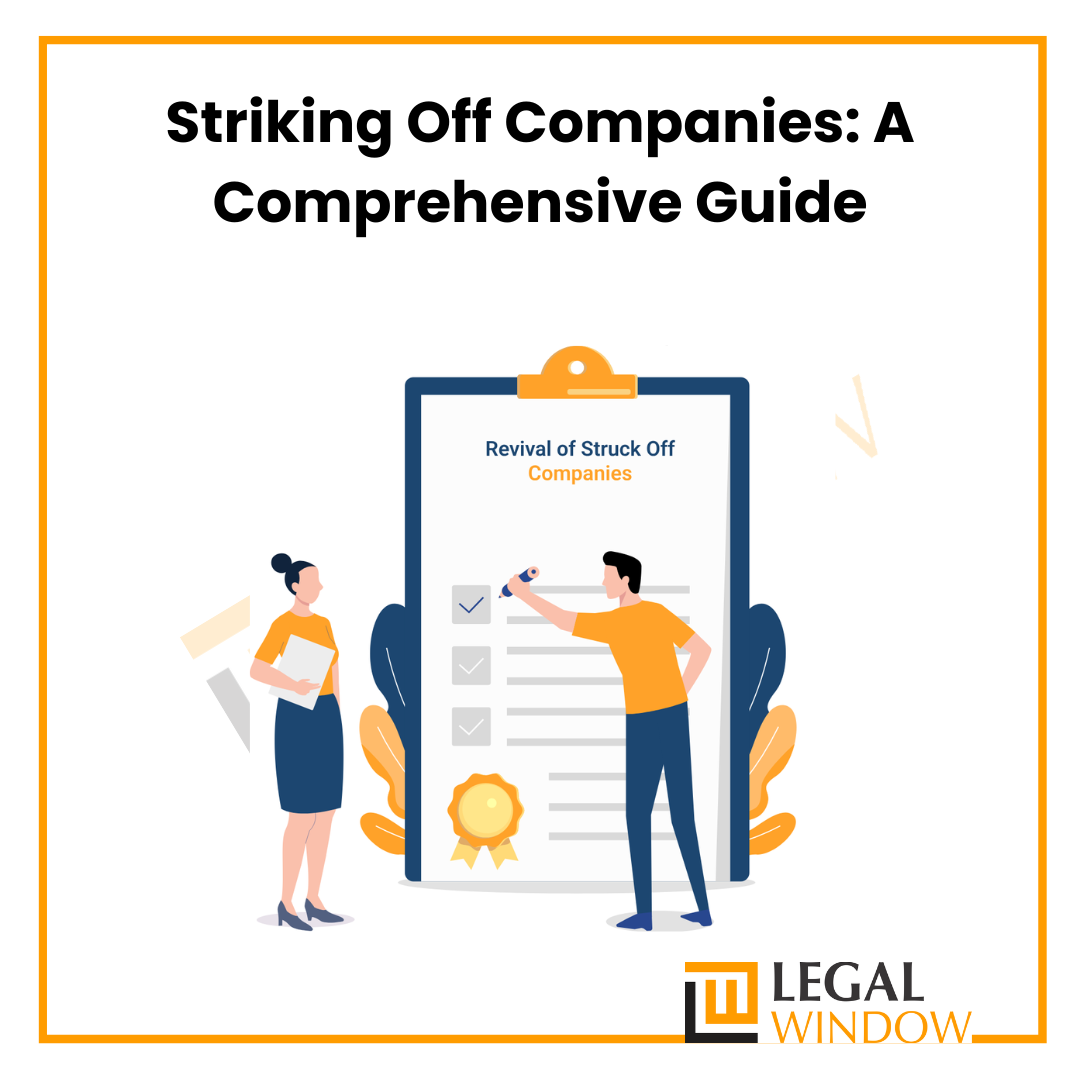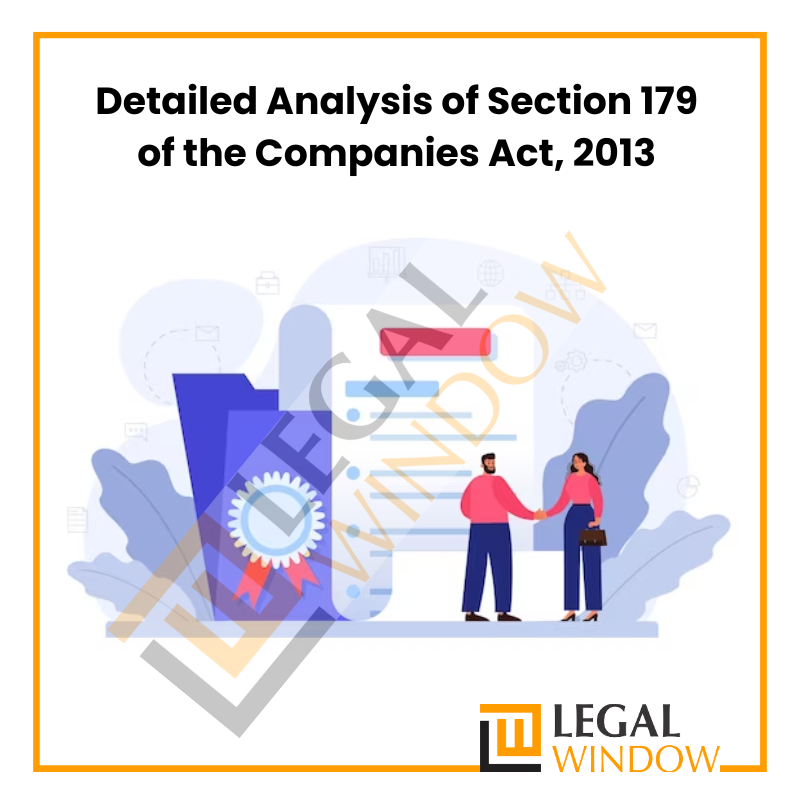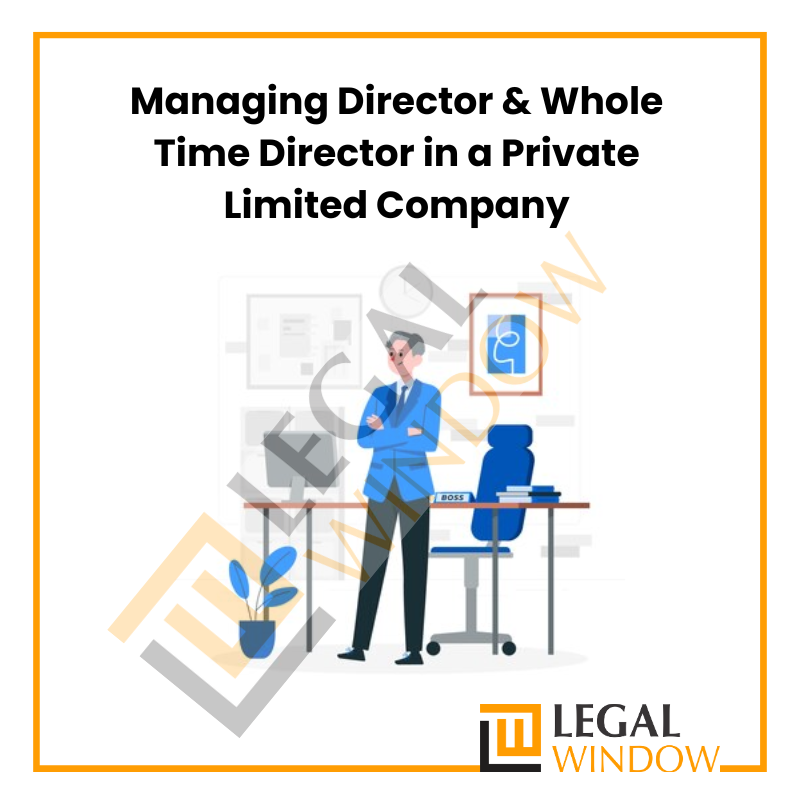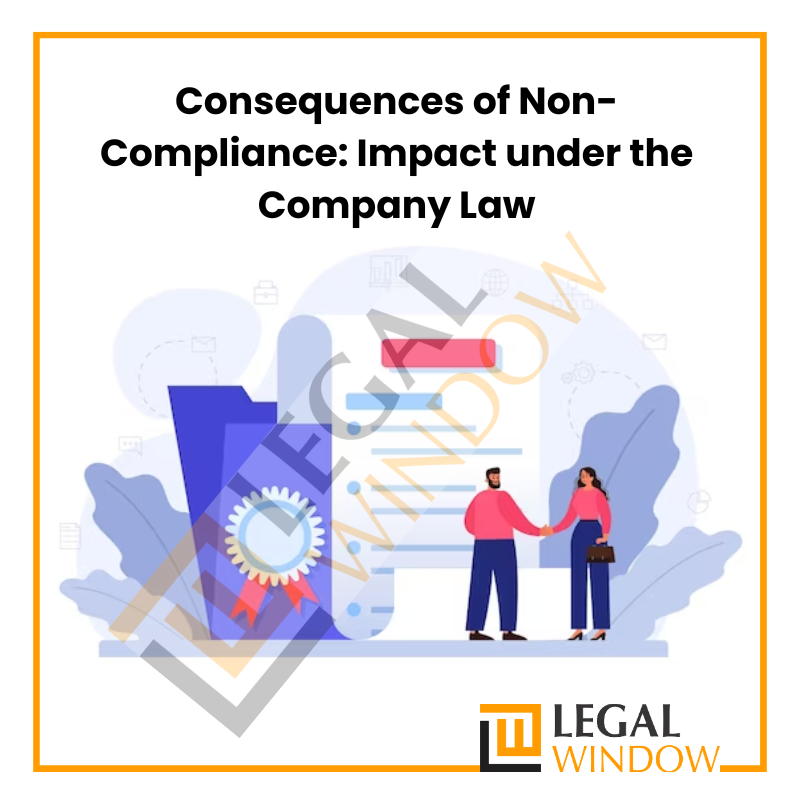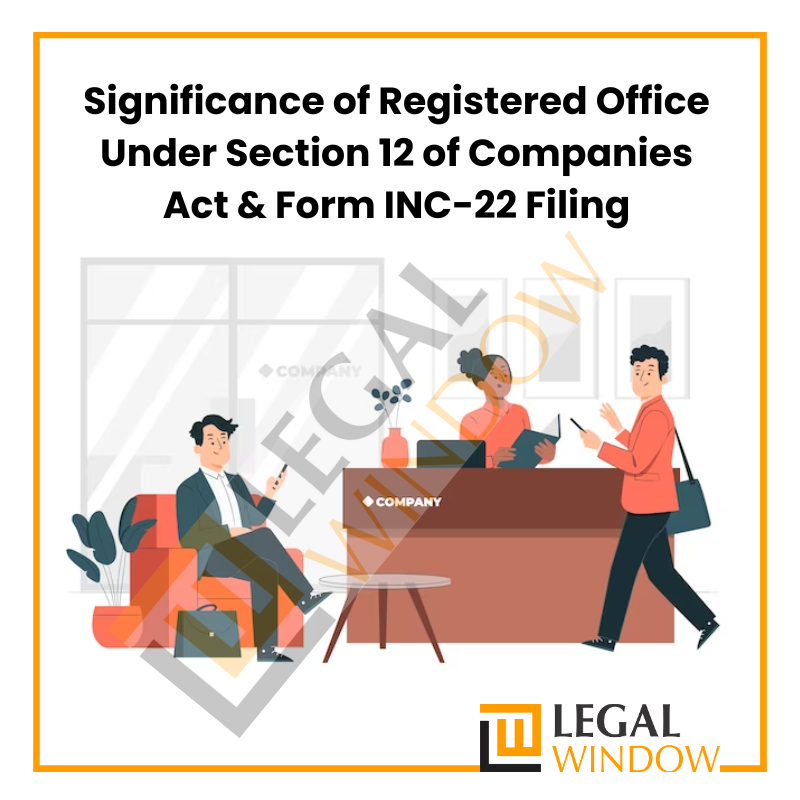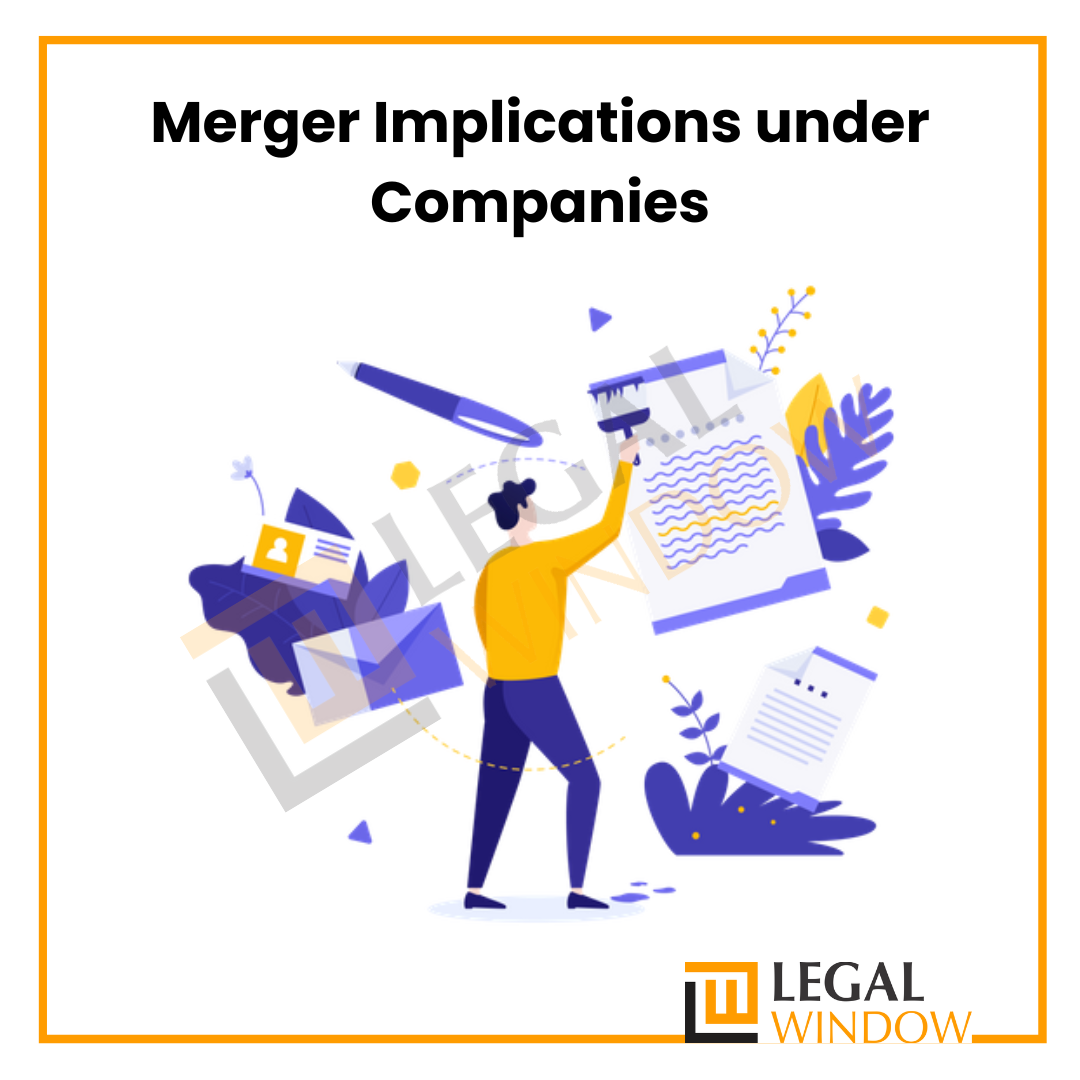Copyright Registration
Get Copyright Registration starting from ₹4000/-
For protecting your work
Avoid Infringement
Simple and Secure Online Process
Dedicated Professional
Hassle-Free Process
Get Registration in 2-3 days
Introduction of Copyright Registration
Due to the increasing awareness amongst people of intellectual property rights and with the continuous advancement in technology and there is a rush amongst the amount of intellectual property rights that are being registered in India. Hence Legal Window provides you a facility to register the intellectual property online.
Copyright is defined as the legal right to the ownership and enjoyment which is entitled to the creators of the literary/dramatic/ musical/ artistic work/ producers of cinematograph films/ recordings.
Copyright Registration give its owner exclusive and sole right to distribute/ reproduce/ adapt/ translate the work or give authorization to the another entity for performing the same. The Copyright Registration is mostly used by many businesses for producing the literature or the user manuals. It also provides certain safeguards to owners such as the right of ownership and its enjoyment of the owner over their creations and subsequently allowing them to protect and reward their creativity.
Legal Window has team of experts providing you the best assistance, timely delivery and guaranteeing the highest customer satisfaction with respect to registration of Copyright .You may get in touch with our team on 072407-51000 or email admin@legalwindow.in for Copyright Registration .
Advantages of Copyright Registration
Creates Goodwill
The copyright which is registered can be used for marketing of goods or services and builds a sense of goodwill and also the quality in the minds of your customers. Registered copyright conveys others that you care about what you invented.
Legally protected
The registered copyright serves as a prima facie evidence during the proceedings in the court of law and makes the case strong. There are also certain provisions under the copyright Act offering Infringement Protection. An Infringement Protection means the right given to the creator to sue a person who has in any way copied the work and is using the same for own benefit
Prima facie evidence
As it is admissible under the eyes of law it serves as a prime facie evidence during the litigations and is beneficial for the creators.
Creation of valuable asset
The registered copyright can serve as a valuable asset if the brand is build up and is succeeding. As soon as it is registered it makes the copyright an intangible asset which can be traded, distributed, franchised, or commercially contracted as copyright is an intellectual property for the organization which ultimately brings benefits to the company or the individual proprietor.
Protection even after the death of owner
The Copyright Act provides protection to the owner beyond his life and is not restricted up to the original creators’ life span. It is valid and secured original creator's life span plus 60 years after his/her death. It provides the longer protection than any other intellectual property.
What can be Copyright?
Books
Sound recording
Computer programs
Cinematography film
Musical work & Sound recording
Website
Broadcasts on Radio and Television
Original literary others
Published editions.
Artistic work like paintings, photographs
Documents Required for Copyright Registration
ID and Address proof of the Applicant
Power of Attorney
Search Certificate from the trademark office : If the work is to be used on a product
NOC from author if author is different from applicant
NOC from publisher if work is published and publisher is different from applicant
NOC from a person whose photo is appearing in the work, if any
In case of copyright of any software : Provide source code and object code.
DD/IPO as per applicable work
If the work is not published : 2 copies of work/graphical notes
If the work is published : 3 copies of the work
Process of Copyright Registration
1. Complete the Questionnaire
We will provide you a questionnaire which is required to be filled by you in which we will sought the basic details and documents pertaining to the registration of Copyright.
2. Requirement of Documents
Basic documents as stated in the above paragraph in accordance with the questionnaire provided are required along with an authorization letter which is to be signed by you. This process may take up to 1-2 working days.
3. Application for Registration
Application will be prepared by us with the help of our experts and will be submitted to the Registrar of Copyright in the prescribed format and can be done either physically or electronically within 2 working days. The draft of the same will be shared by us through mail.
After that Registrar will issue a Diary No. and a waiting period of 30 days are mandated for receiving objections (if any).
4. Conduct Hearing
In case any objection is received by the Registrar. He shall conduct a hearing on the application of copyright and if no objections are received within the prescribed time of 30days, the scrutinizer will check the application for any disparity.
5.Registration of Work
If no disparity occurs, the registration will be done and extract of the same shall be sent to the Registrar for entry.
If any disparity occurs and on successful completion of hearing conducted by the Registrar the scrutinizer will again scrutinize the application and will give its decision.
The Copyright registered is valid for 60 years and in case literary, dramatic, artistic or musical work the 60 years are counted from the year following death of author and in case of sound recordings, cinematographic films, photographs, anonymous, posthumous publications, pseudonymous publication, work of international organization and work of government, the period for 60 years starts from the date of publication.
Additional Information
There are various right provided by the copyright act to the creator through which he/she can protect the content produced. The rights are as follows:-
Right of the Copyright owner:- The author can protect the socio-economic and legal interest and is allowed to retain the following rights:-
- The creator may ask for authorship for the work published under the right of paternity;
- The creator has a right to reproduce the work either in any tangible form and keeping the same in any medium by electronic means as well.;
- The creator has a right of publication and may decide where to publish and where not;
- The creator has a right to translate or adaptation of the work or may perform the same in public or talk about it to the public ;
- The creator may take certain actions which may be defensive in nature in case of image or reputation loss;
- The creator may sell and transfer his or her work.
Right of Reproduction:- As per the Copyright Act no person can reproduce or make the copies of the original work or part of the work so produced unless authorized by the original copyright owner. It limits the reproduction of work in the form of printing an edition and recording sound and films.
Right of Adaption:- The copyright creator can choose to use his work whichever way he needs. That is, he/she can build derivatives from the existing work or make new work in the same form or another form based on the original work. The following actions outline the term adaptation as per the Copyright Act:
- Transforming plays, movies, choreographic shows, and other dramatic works into non-dramatic or literary works like poems, novels, and books;
- Change or modification of dramatic and non-dramatic work;
- Pictorial depiction of the work;
- Transcription of musical work.
Right of communication to the public :- The Copyright owners can open their work to the public either by using a broadcast or a wireless distribution channel in any forms of symbols or visual images.
Right of public performance :- The musical work and artistic work owners do have a right to produce their work publicly
Right of paternity and integrity:- The Copyright Act provides the moral right of paternity to the owner and integrity to its creators. The right of paternity or attribution signifies that the owner/creator has right to maintain its authorship over his work and other person can only reproduce it after taking due permission from the creator. The right of integrity provides that if some person violates the rules by copying the work then the creator can claim damages in case of changes, damages or alteration to his/her work which is creating disputation to his name and work.
Right of Distribution:- The copyright holder can distribute his/her work in any form like reproducing, selling, renting, leasing or lending. It can also be assigned to particular rights to a person for either copyright the work partly, entirely or subject to some limitations.
How Copyright is Different from Trademark and Patent
S. No | Basis | Trademark | Patent | Copyright |
1. | Governed By | Trademark Act, 1999 | Patents Act, 1970 | Copyright Act, 1957 |
2. | Used to Protect | Protection of the unique name that signifies a brand distinct from other. It Can include name, slogans, logo, shape, colours etc. | It Protects of inventions that are novel and original and also has industrial utility. | It Protects the original creative expressions like the literary works, artistic works, dramatic works etc. |
3. | Validity | It is Valid for 10 years which can be made perpetual by renewing the same trademark every 10 years. | It is Valid for 20 years which starts from the day the application was first made. It is also a territorial right which effective only within the territory of India. | It is Valid for life time of the author including 60 years after his/her death.
|
4. | Secures | It secures the brand under which the said product or services are sold | It secures the inventions which are useful for the world. | It secures the creative or the intellectual creations. |
5. | Existence of right | As soon as it is registered the applicant of the mark is entitled to claim complete right over the said mark. | It takes a long time to get it registered but the owner of the patent can stop any other from claiming the right over the said particular patent and the moment he/she applies for provisional patent. | The Exclusive rights of the owner is created at the moment the authorship creates the work. |
6. | Provisional Application requirement | It does not include any provisional application, but it requires a trademark search. | Here provisional application can be made which gets you 12 months of time to file a complete specification which is final, and a priority date claim. | No provisional application required. |
Related Posts
FAQ's on Copyright Registration
Any person or a business entity may apply for copyright registration. The individual can be the author, creator, musician, photographer, producer, painter, composer, or a company may safeguard their creative by using this legal authority.
No it is not possible to get the name or title copyrighted, they can only be trademarked.
It is advisable to apply both for copyright and design registration and copyright can be done on the sketches of the design being a form of an art.
| S.No. | For an application for COMPULSORY LICENSE : | Fee |
| 1. | For a license to republish a Literary, Dramatic, Musical or Artistic work (Sections 31, 31A,31B* and 32A) | Rs. 5,000/- per work |
| 2. | For a license to communicate an any work to the public by Broadcast(Section 31(1)(b)) | Rs. 40,000/- per applicant/per sataton |
| 3. | For license to republish a Cinematograph Film (Section 31) | Rs. 15,000/- per work |
| 4. | For a license to republish a sound recording (Section 31) | Rs. 10,000/- per work |
| 5. | For a license to perform any work in public (Section 31) | Rs. 5,000/- per work |
| 6. | For a license to publish or communicate to the public the work or translation (Section 31A) | Rs. 5,000/- per work |
| 7. | For a license to publish any work in any format useful for person with disability (Section 31 B) | Rs. 2,000/- per work |
| 8. | For an application for a license to produce and publish a translation of a Literary or Dramatic work in any Language (Section 32 & 32-A ) | Rs. 5,000/- per work |
| 9. | For an application for registration or copyright in a: | |
| (a)Literary, Dramatic, Musical or Artistic work | Rs. 500/- per work | |
| (b)Provided that in respect of a Literary or Artistic work which is used or is capable of being used in relation to any goods or services (Section 45) | Rs. 2,000/- per work | |
| 10. | For an application for change in particulars of copyright entered in the Register of Copyrights in respect of a: | |
| (a)Literary, Dramatic, Musical or Artistic work | Rs. 200/- per work | |
| (b)Provided that in respect of a literary or Artistic work which is used or is capable of being used in relation to any goods or services (Section 45) | Rs. 1,000/- per work | |
| 11. | For an application for registration of Copyright in a Cinematograph Film (Section 45) | Rs. 5,000/- per work |
| 12. | For an application for registration of change in particulars of copyright entered in the Register of Copyrights in respect of Cinematograph film (Section 45) | Rs. 2,000/- per work |
| 13. | For an application for registration of copyright in a Sound Recording (Section 45) | Rs. 2,000/- per work |
| 14. | For an application for registration of changes in particulars of copyright entered in the Register of Copyrights in respect of Sound Recording (Section 45) | Rs. 1,000/- per work |
| 15. | For taking extracts from the indexes (Section 47) | Rs. 500/- per work |
| 16. | For taking extracts from the Register of Copyrights (Section 47). | Rs. 500/- per work |
| 17. | For a certified copy of an extract from the Register of Copyrights of the indexes (Section 47) | Rs. 500/- per copy |
| 18. | For a certified copy of any other public document in the custody of the Register of Copyright or Secretary of the Copyright Board | Rs. 500/- per Copy |
| 19. | For an application for prevention of importation of infringing copies (Section 53) per place of entry | Rs. 1,200/- per work |
- Cinematography film;
- Books;
- Sound recording;
- Computer programs;
- Musical work & Sound recording;
- Website;
- Artistic work like paintings, photographs;
- Broadcasts on Radio and Television;
- Original literary others;
- Published editions.
No, as it is registered under the Copyright law in India hence it is not valid outside the Country.
The copyright registration time line depends on various factors like whether any objection is received or not, whether hearings are conducted in time or not. It generally takes around 1 year.

